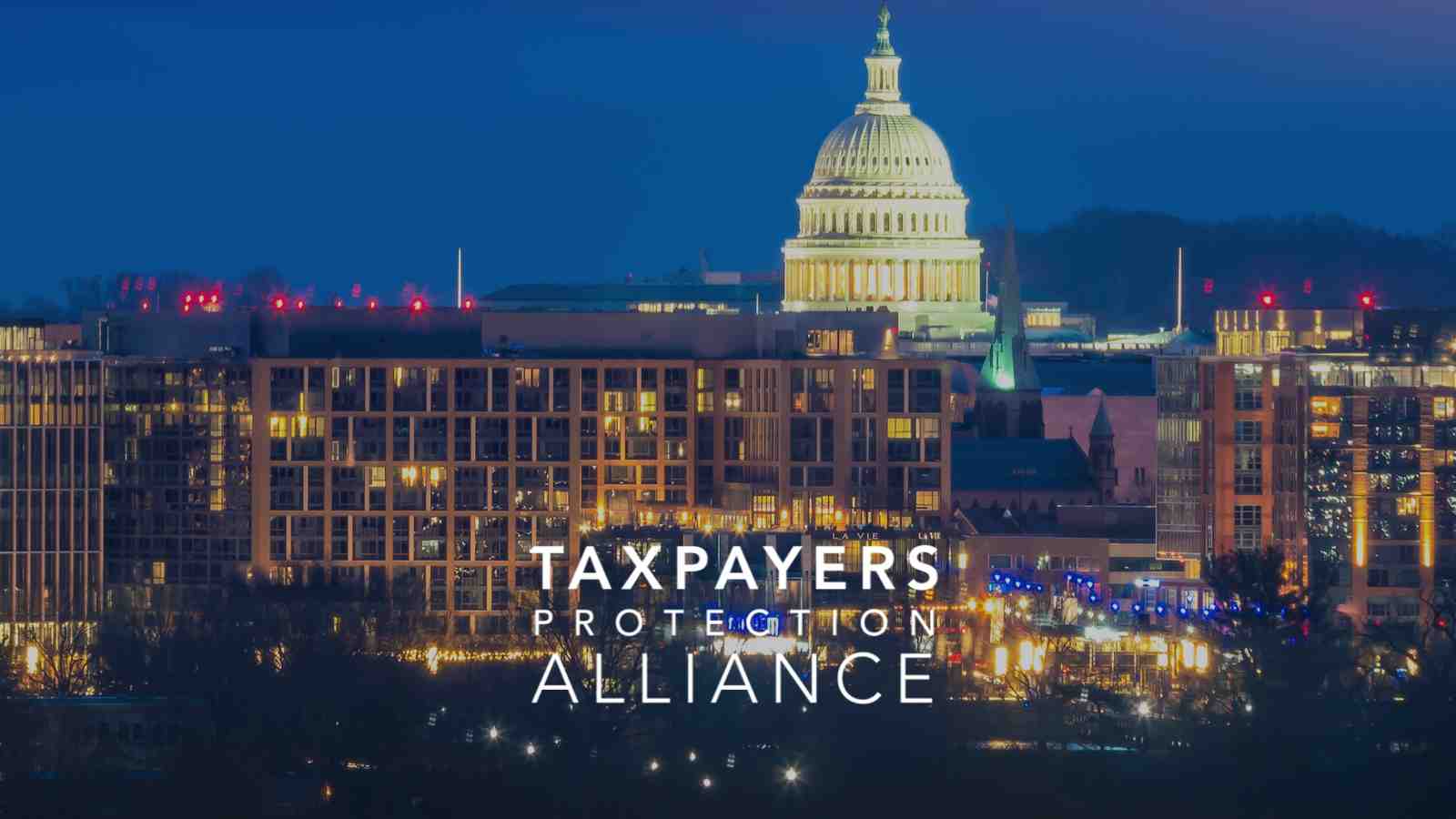
Taking Stock of the STOCK Act: Dan Savickas’ Testimony to House Administration Committee
Dan Savickas
November 25, 2025
Presented to the House Administration Committee
Re: Taking Stock of the STOCK Act
Chair Steil, Ranking Member Morelle, and members of the committee, thank you for the opportunity to testify today, regarding efforts to address stock trading by members of Congress. My name is Dan Savickas, and I am Vice President of Policy and Government Affairs for the Taxpayers Protection Alliance (TPA). The Taxpayers Protection Alliance (TPA) is a non-partisan, non-profit organization dedicated to educating the public about the government’s effects on the economy. TPAseeks to hold elected officials accountable for the effects of their policies on the size, scope, efficiency and activity of government.
As our mission statemement suggests, TPA believes members of Congress have a unique ability to effect the performance of the American economy and the global stock market. As such, they are uniquely situated to enrich themselves by voting according to the interests of their stock portfolio, as opposed to what may be in the best interests of the American people. Alternatively, they have the ability to trade based off of non-public information in a way that would land almost any private citizen in legal hot water.
Naturally, this has bred distrust, which threatens to be destructive. According to the Campaign Legal Center, 86 percent of Americans support prohibiting members from trading stocks altogether.[1] Further, apps like Autopilot—which allows users to mirror the trading habits of certain members of Congress—are gaining in popularity, indicating an almost baseline assumption amongst the American public that members are at a distinct advantage not available to everyone else.
This is backed up by the data. According to a 2024 report, 46 members of Congress outperformed the S&P 500 last year—14 of whom more than doubled that baseline.[2] Per a New York Times investigation, 3,700 trades between 2019 and 2021 posed potential conflicts for members, given issues before their committees of jurisdiction.[3] A Harvard study showed more than 50 members made over 2,000 trades earlier this year, involving roughly 700 companies impacted by the administration’s tariffs.[4]
This is not limited to one political party or another. On average, members of both political parties outperformed the market. Additionally, each party’s performance gets a boost when they control more branches of government. This only lends further creedence to the public perception that congressional representatives are using their office for personal gain, rather than public service.
The 2012 passage of the Stop Trading on Congressional Knowledge (STOCK) Act was meant to ameliorate these concerns. However, this framework has proved sorely lacking. The penalty for a violation is a nominal $200—hardly a useful deterrent. Further, enforcement is left to the discretion of the executive branch.[5] At best, this means enforcement is inconsistent. At worst, it can be used as a tool for political retribution, rather than real accountability.
Outright prohibitions eliminate the ambiguities left by the STOCK Act. The STOCK Act does not prevent conflicted trading by members of Congress, but merely requires them to report when they do so. Even then, many members report after the mandated time periods with little to no repercussions. The American people are left with almost no recourse.
This is why TPA has supported a number of efforts to implement sweeping bans on congressional stock trading, including the Bipartisan Ban on Congressional Stock Ownership Act of 2022.[6] TPA has gone on to endorse similar bills since, including the Restore Trust in Congress Act, as introduced by Rep. Chip Roy (R-Texas) and a bipartisan group of lawmakers.
As an organization dedicated to providing accountability for elected officials, TPA looks forward to working with this committee to help secure reforms that provide said accountability where previous efforts—like the STOCK Act have fallen short. Thank you for the opportunity to provide this testimony.
